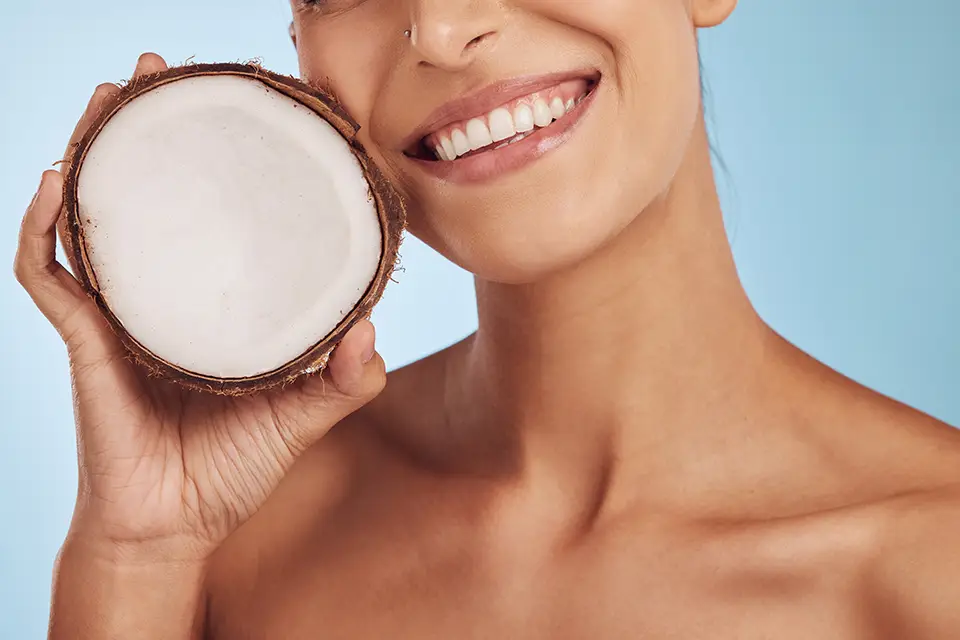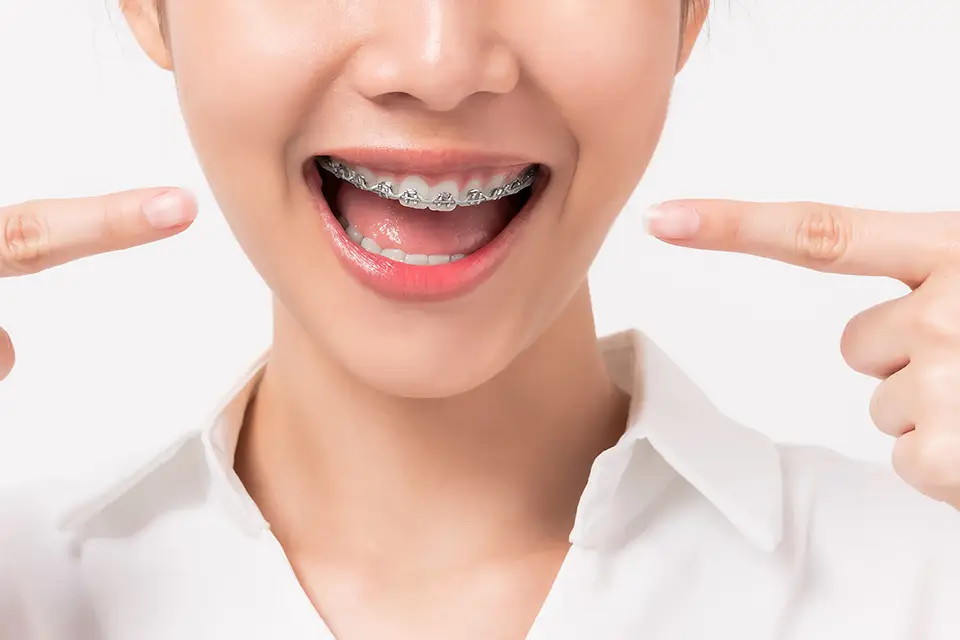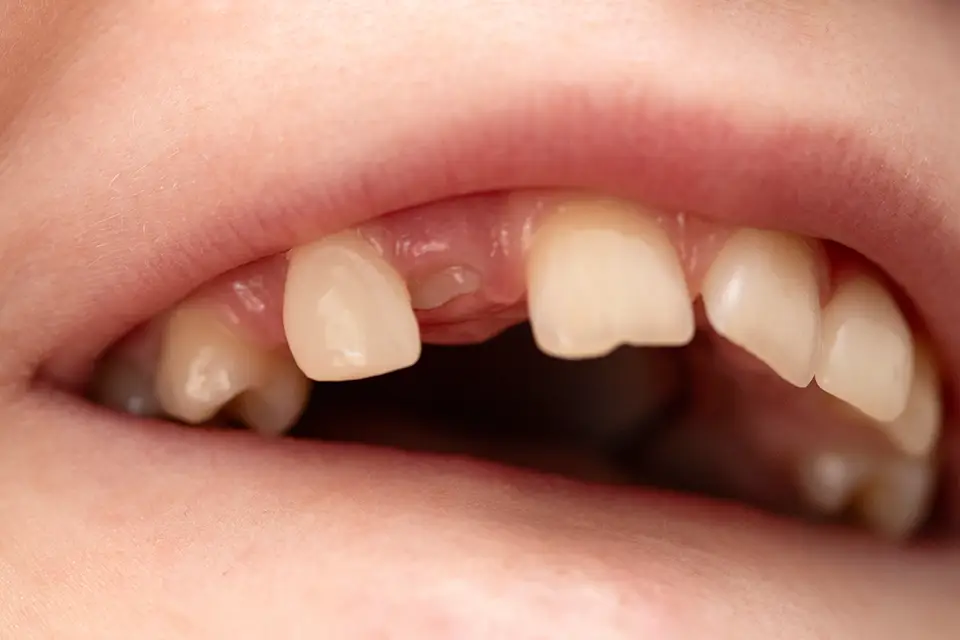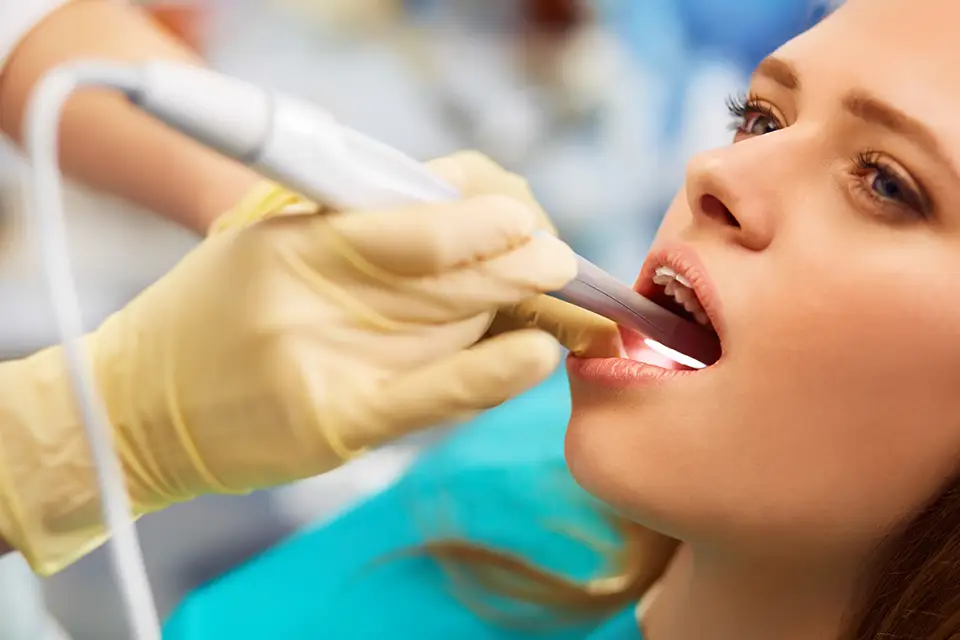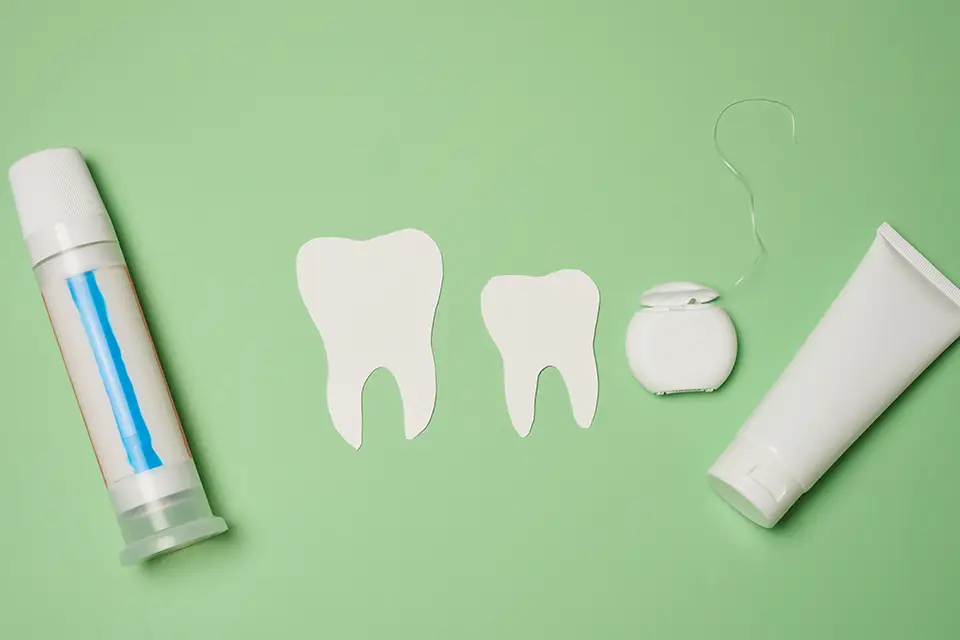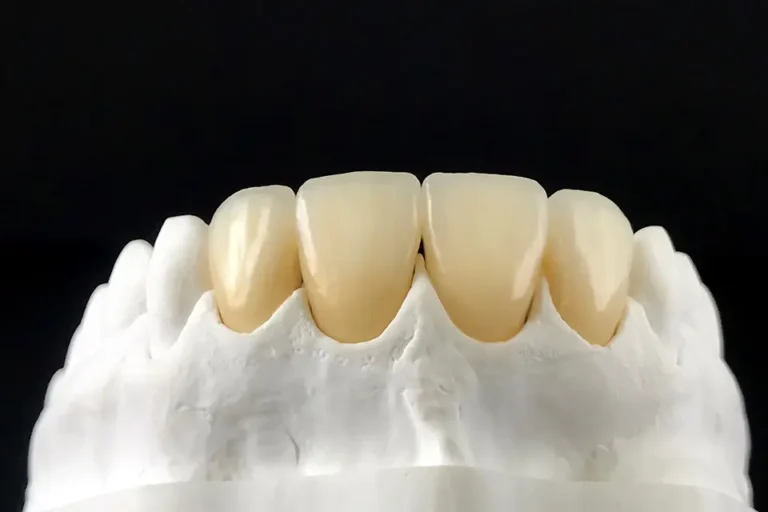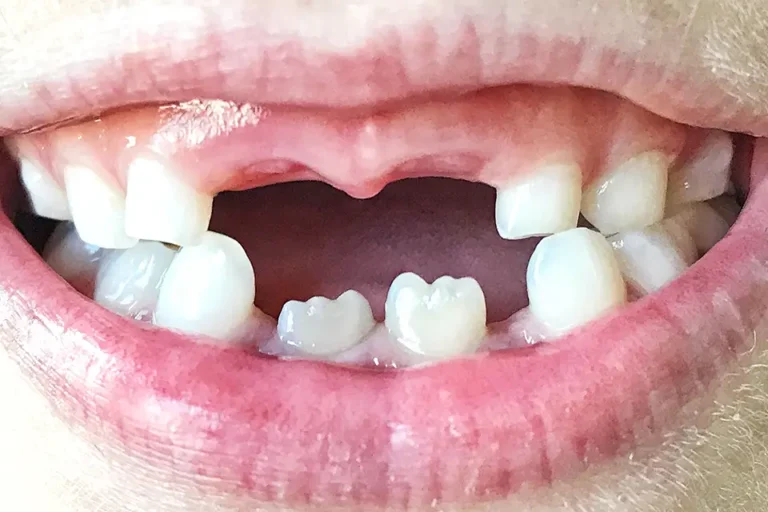Dental crowns are protective caps that cover damaged or weakened teeth, restoring their function and appearance. However, crowns can loosen due to underlying decay, wear and tear, or accidental trauma. When this happens, dental crown glue can provide a quick solution for temporary relief or professional reattachment.
Furthermore, adhesives can help in various situations, including loose crowns, emergencies, and professional dental procedures. Understanding the different types of dental adhesives available and how to use them properly allows you to address these issues effectively while minimizing risks.
Types of Dental Crown Glue
Temporary Dental Adhesives
Temporary adhesives are designed for short-term fixes. Moreover, these solutions are ideal for emergencies where visiting the dentist is not immediately possible. They provide a secure but removable bond that holds the crown in place.
Permanent Dental Adhesives
Permanent adhesives are designed for long-lasting attachment and are exclusively used by dental professionals. In addition, these adhesives provide superior strength and durability, allowing the crown to remain securely in place for years.
Over-the-Counter vs. Professional Adhesives
- Over-the-Counter Adhesives: These adhesives are widely available in pharmacies and are ideal for temporary home fixes.
- Professional Adhesives: Dentists use these during professional procedures to ensure precise bonding and the best results.
How to Use Dental Crown Glue (Temporary Repairs)
If your crown becomes loose and you cannot see a dentist immediately, use over-the-counter adhesive as a temporary solution. Follow these steps:
- Clean the Crown and the Tooth Area Thoroughly: Use a soft toothbrush and warm water to remove debris from the crown and tooth. Dry the area thoroughly to improve the bond.
- Apply the Adhesive Sparingly: Use a small amount of adhesive inside the crown to prevent overflow, which could irritate the gums or cause an improper fit.
- Place the Crown Back in Position: Align the crown correctly over the tooth and bite down gently to secure it in place.
- Remove Excess Glue and Allow It to Set: Use a damp cloth to remove any extra adhesive, ensuring the crown feels comfortable and stable.
Moreover, temporary solutions are not a substitute for professional treatment. Schedule an appointment with your dentist for a permanent solution.
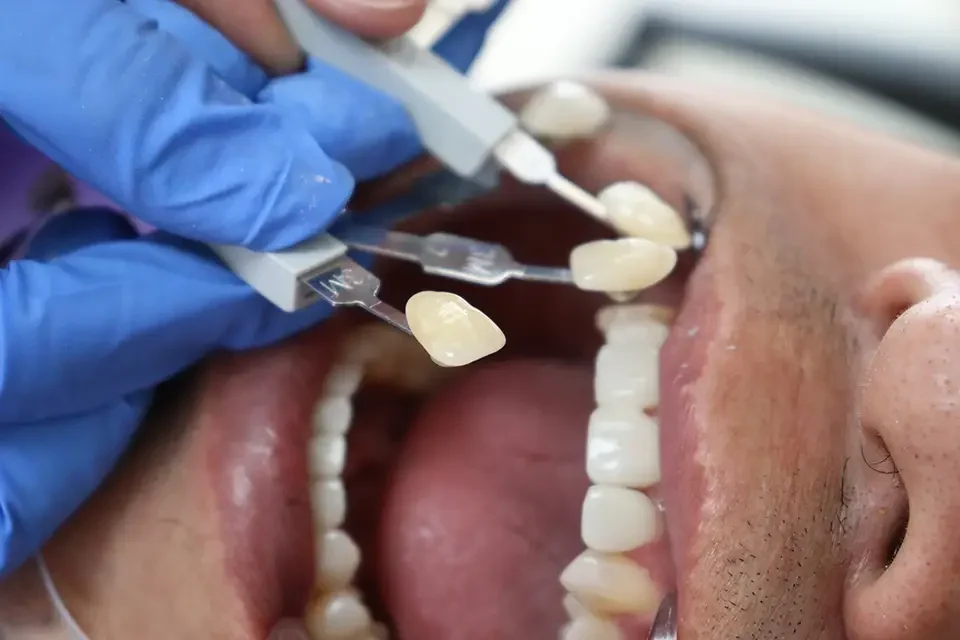
Risks and Precautions
While dental crown glue can be a useful tool for emergency fixes, it is critical to understand the risks and take precautions to prevent complications.
- Improper Fit Leading to Discomfort: Using temporary adhesives incorrectly can result in a misaligned crown, which can cause an uneven bite, discomfort, and additional damage to surrounding teeth.
- Risk of Swallowing or Choking on the Crown: Improper handling of a loose crown increases the risk of accidentally swallowing it. Be cautious during cleaning and reattachment.
- Potential for Infection: Exposed areas of the tooth may become vulnerable to bacteria, resulting in infections. Additionally, symptoms like swelling, redness, or persistent pain necessitate immediate dental care.
- Avoid Using Non-Dental Adhesives: Household adhesives, such as superglue, are not suitable for oral use. In addition, they can harm enamel, irritate soft tissues, and complicate professional reattachment.
When to Consult a Dentist Instead of DIY Solutions
- Persistent pain or signs of infection around the crown.
- If the crown repeatedly loosens, it indicates underlying dental problems.
Precautionary Tips
- Always clean and dry the crown and tooth before applying adhesive.
- Use dental-specific adhesives to avoid problems.
- Avoid hard or sticky foods after reattaching the crown.
- Seek professional assistance as soon as possible for a lasting solution.
Frequently Asked Questions (FAQs)
Can I fix a loose crown with glue at home?
You can use temporary dental adhesives for short-term fixes, but permanent solutions require professional care.
How long does temporary crown glue last?
Temporary adhesives typically last a few days to a week, depending on the adhesive type and care taken.
What is the strongest dental crown adhesive?
Professional dental adhesives used by dentists provide a strong and lasting bond.
Is it safe to eat after using crown glue?
Avoid eating for at least 30 minutes after applying adhesive, and stick to soft foods initially to prevent the crown from dislodging.
Dental crown glue is a must-have tool for managing loose crowns in an emergency or for temporary repairs. While it can provide relief, professional care is still necessary for long-term results and addressing underlying issues.
Furthermore, Zara Dental in Houston, Texas, provides expert crown repair and restoration services to keep your smile healthy and secure. Contact us today to schedule an appointment and have your crown professionally reattached for long-lasting comfort and durability.


